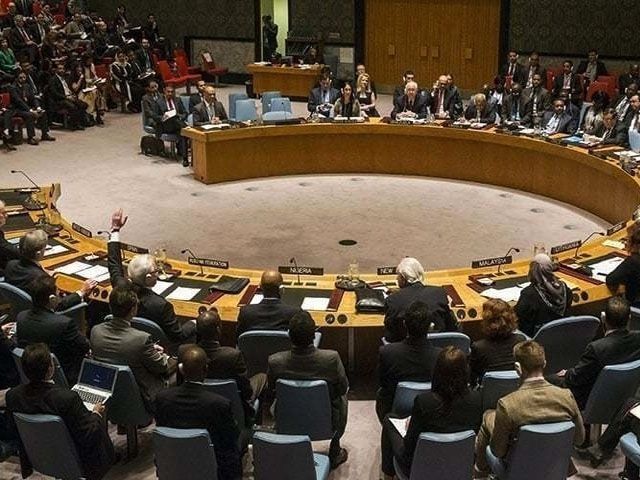UNITED NATIONS: A desperate move by the aspirants of permanent seats on the United Nations Security Council — India, Brazil, Germany and Japan — to scuttle the UN process to reform the 15-member body appears to be heading toward a collapse. The move by the four countries, known as the Group of Four, followed their consistent failure to mobilize enough support among U. N. ”s 193 members to make a formal bid to secure seats for themselves at UN”s high table, reflecting significant opposition to adding more permanent members to the council. The Italy/Pakistan-led Uniting for Consensus (UfC) has been in the forefront of opposing the enlargement of “centres of privilege” on the ground that the Security Council would become dysfunctional. Instead, UfC advocates for more elected (non-permanent) seats to make it more effective, representative and accountable. The Security Council, which is responsible for maintaining international peace and security, has 15 seats. It includes 10 non-permanent members elected for two-year terms that come from all regions of the world, and there are five permanent members with veto power whose support is essential for any reform to be adopted — the U. S. , Russia, China, Britain and France. The process to restructure the Security Council is being conducted since 2009 in the Intergovernmental Negotiations (IGN), a forum established by the UN General Assembly, which operates on the basis of consensus. The negotiations have made little progress because of G-4”s refusal to show any flexibility.
Welcome!Log into your account






